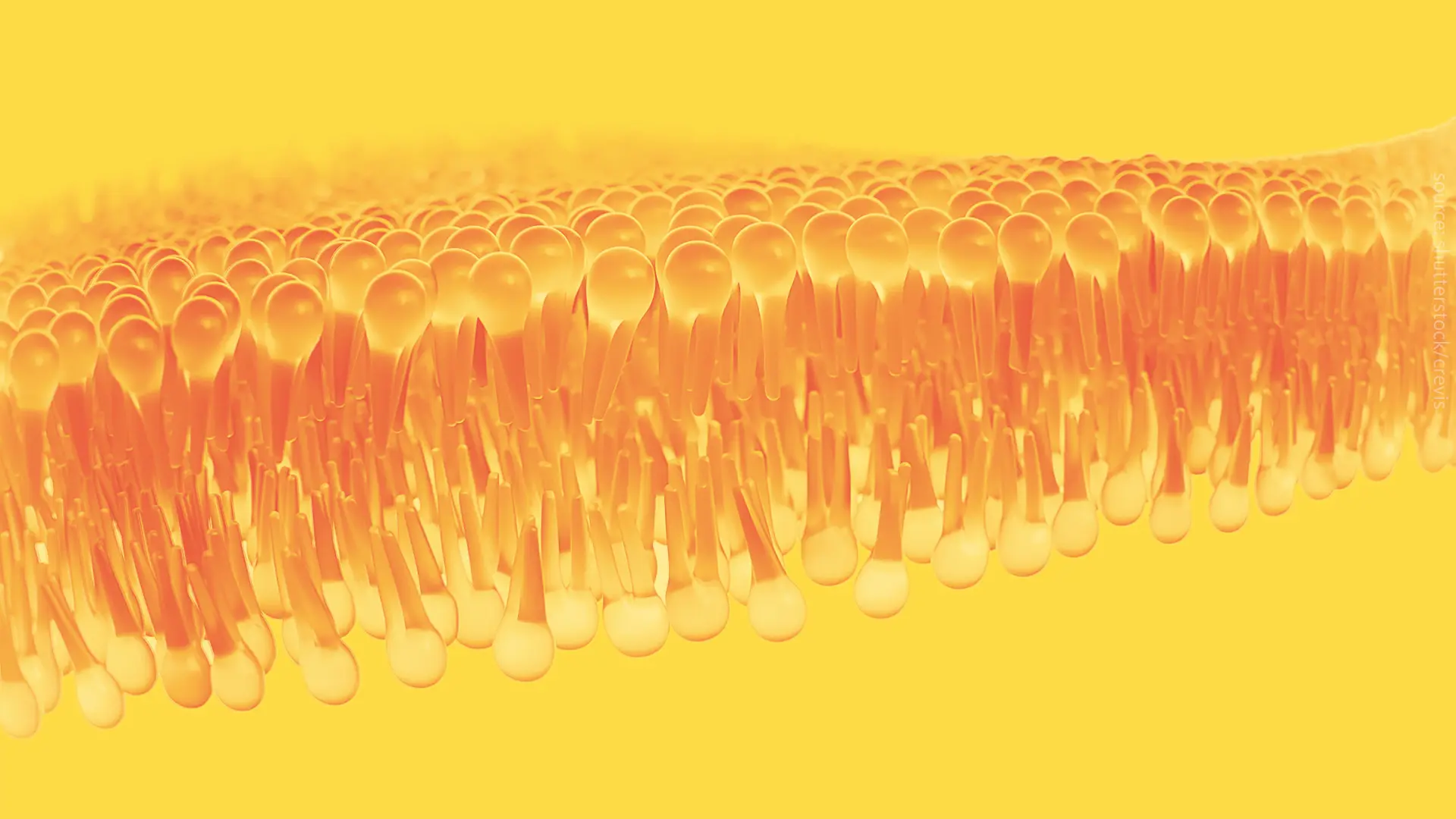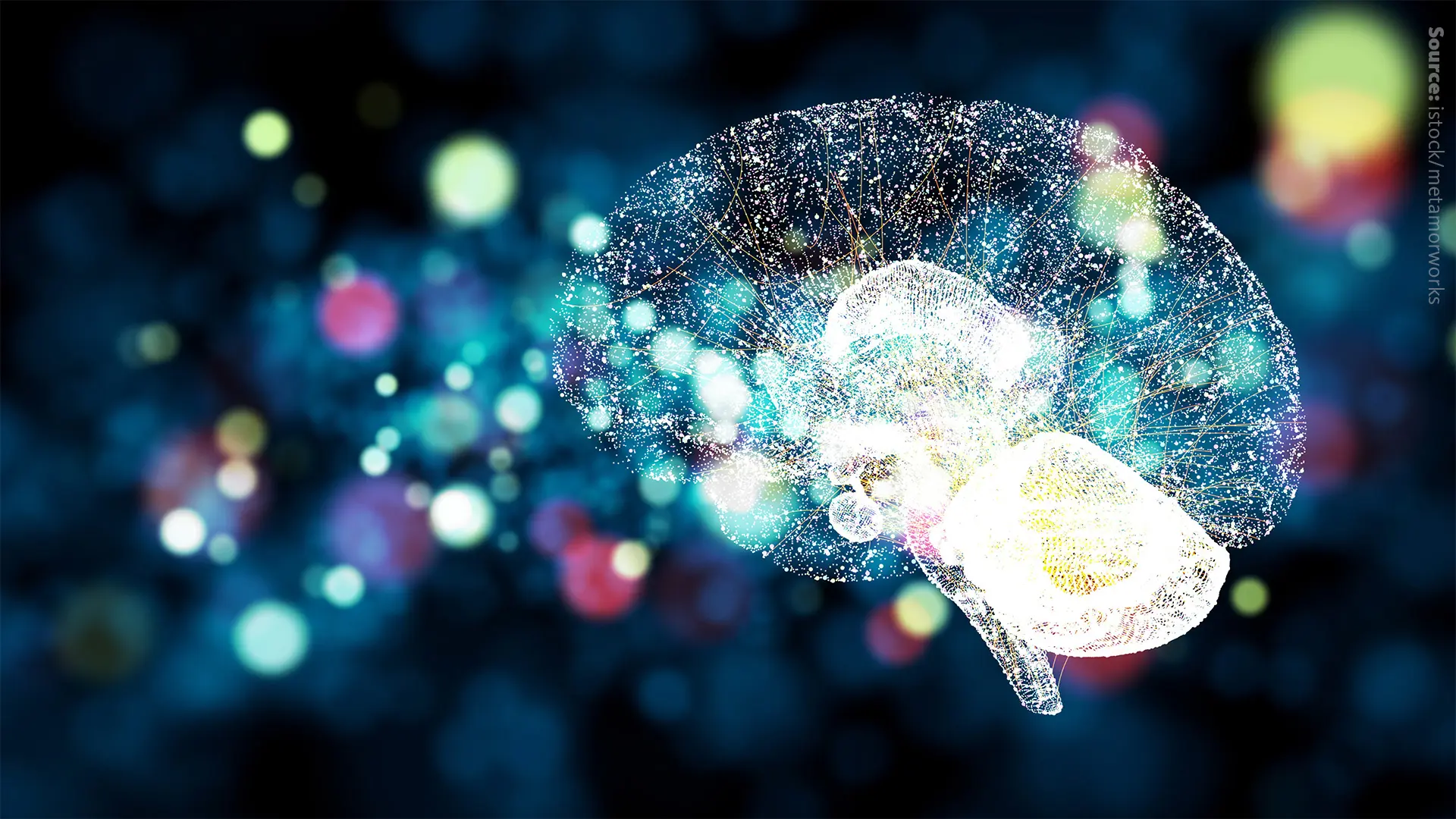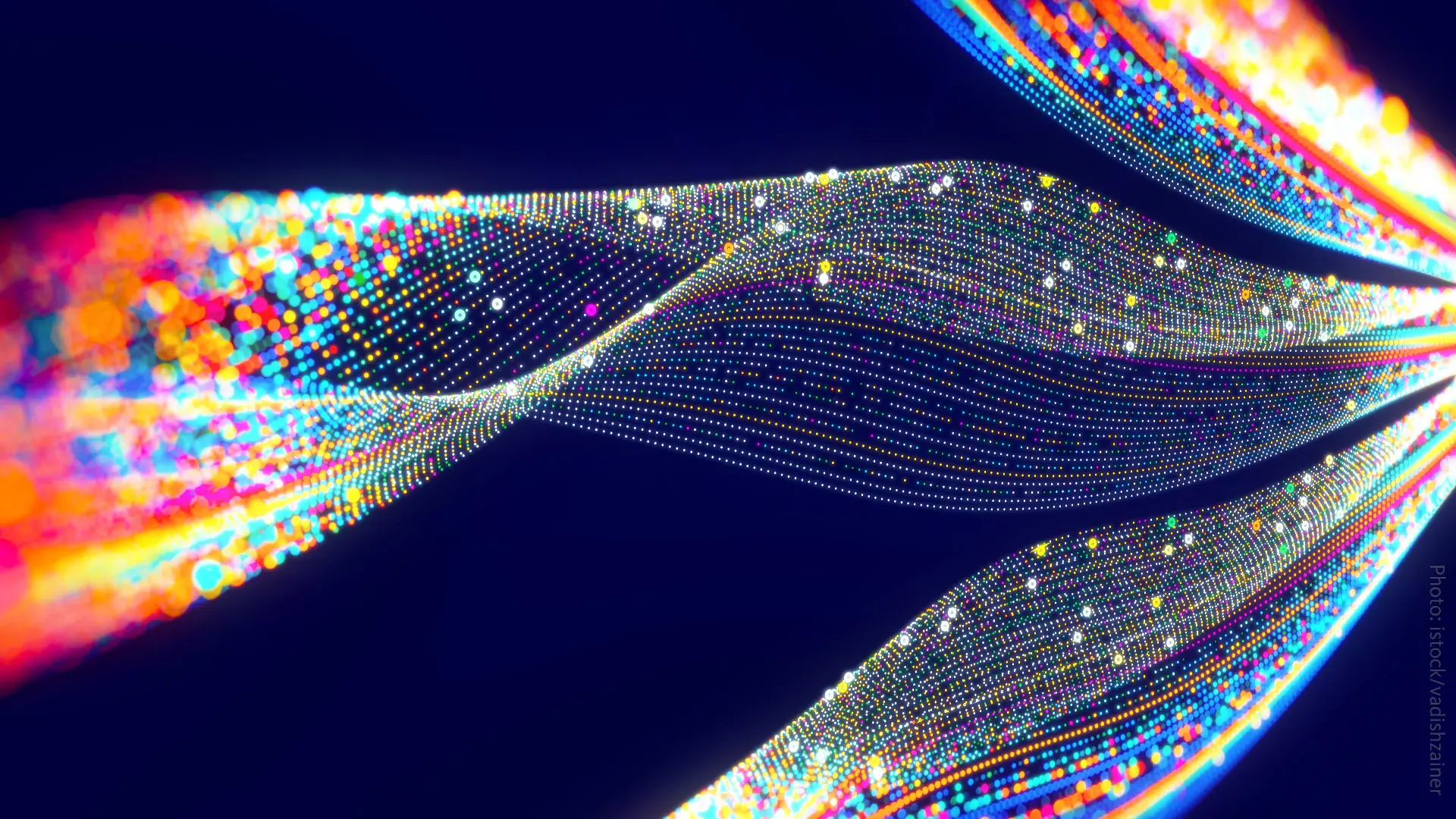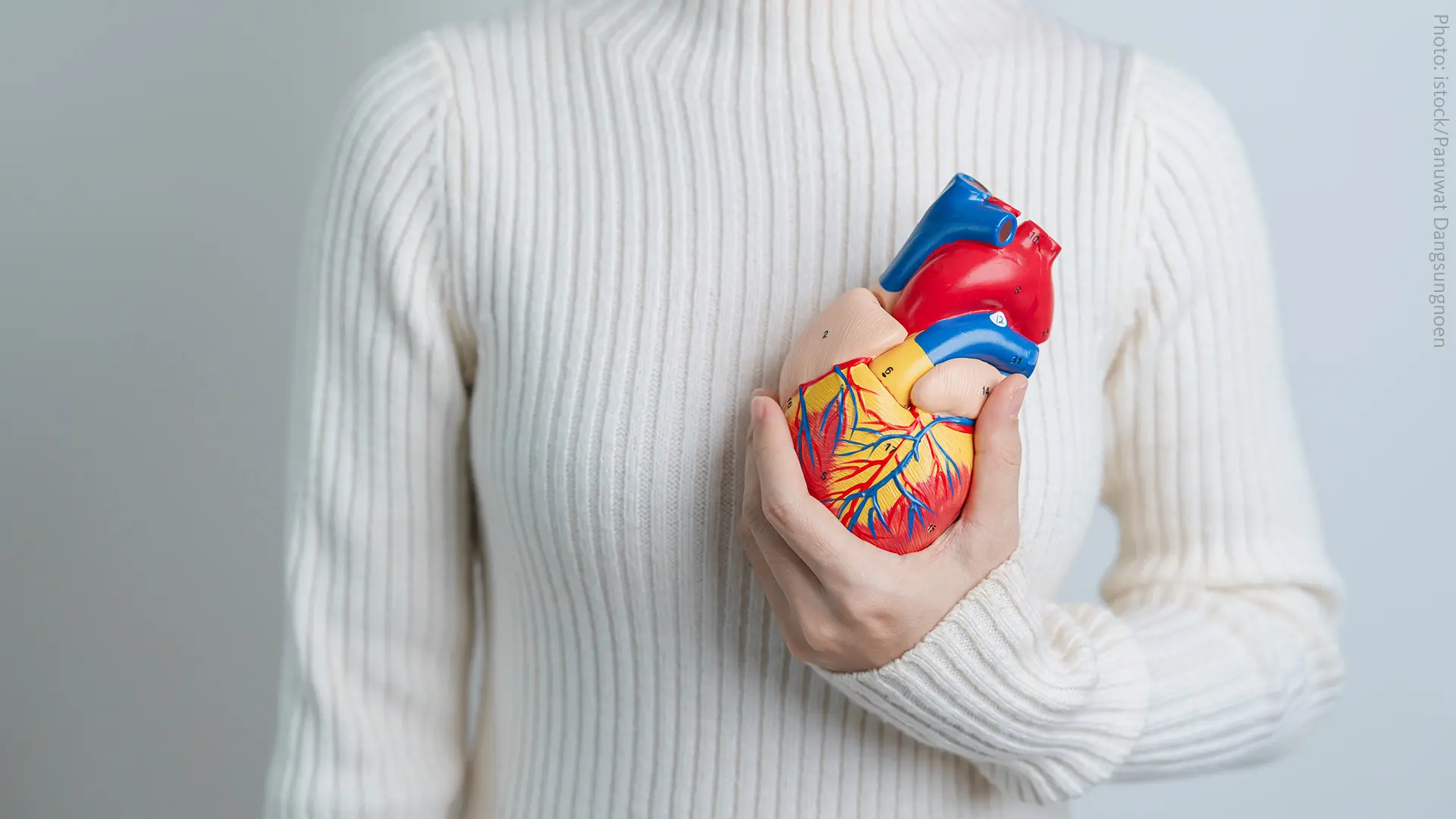Topic
Liquid biopsies (e.g. plasma or serum) is an available clinical resource extensively exploited by lipidomics. However, plasma lipidome changes reflect the diseases progressing elsewhere in different organs only indirectly. The direct analysis of tissue biopsies could be in a better position to elucidate molecular details of pathophysiological mechanisms.
Biopsies lipidomics requires careful standardization, the collection of abundant meta- and histological data together with robust normalization of lipid abundances. By providing absolute (molar) abundances of lipid species in whole biopsies, it creates a generic and expandable lipidomics resource. Furthermore, shotgun lipidomics could address spatial distribution of lipids by analyzing histological features isolated by laser capture microdissection (LCM). Combining the material from many similar features increases the lipidome coverage and enables to complement lipidomics with proteomics to confirm the dissection specificity by quantifying histologically specific markers.
Systematic shotgun analysis of whole and LCM-dissected liver, colon and pancreas biopsies suggested that, in general, tissues tend to preserve their lipid composition even when histological analyses indicate profound changes in their morphology. Significant lipidome perturbation are specific to a few individual species within spatially defined zones and offer new and often unexpected look at the pathophysiological role of lipid metabolism.
Here is what you can learn
• Handling of tissue biopsies for lipidomics analysis
• Lipidomics of histological features isolated by laser capture microdissection
• Lipidome perturbation within spatially defined zones of tissue biopsies




